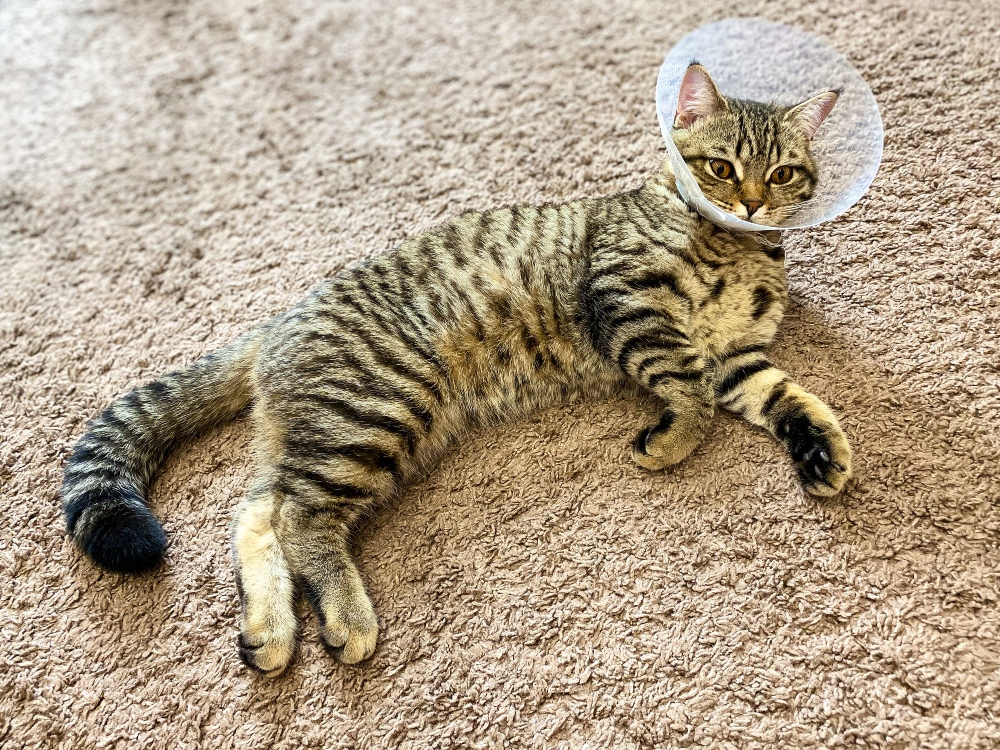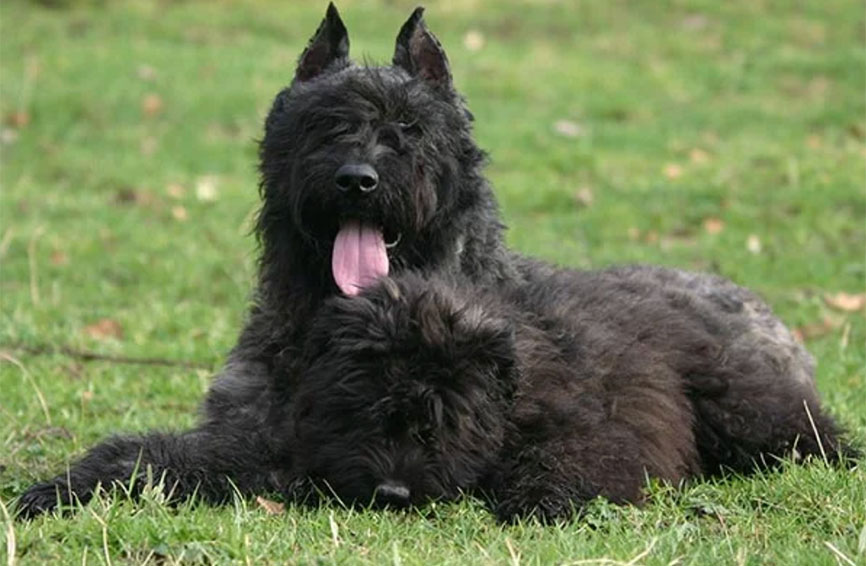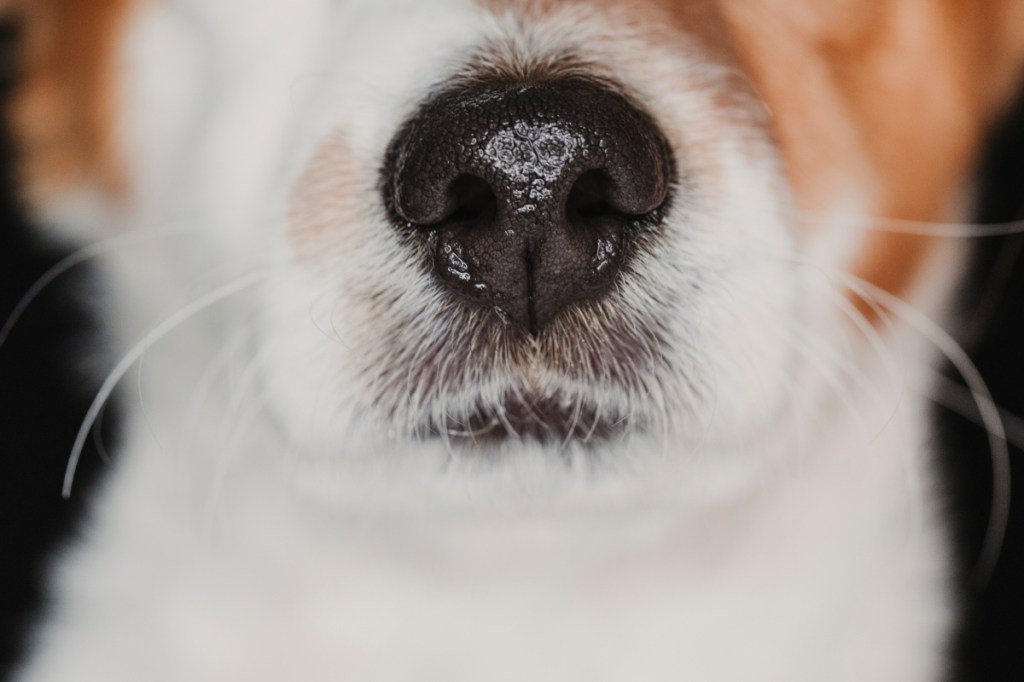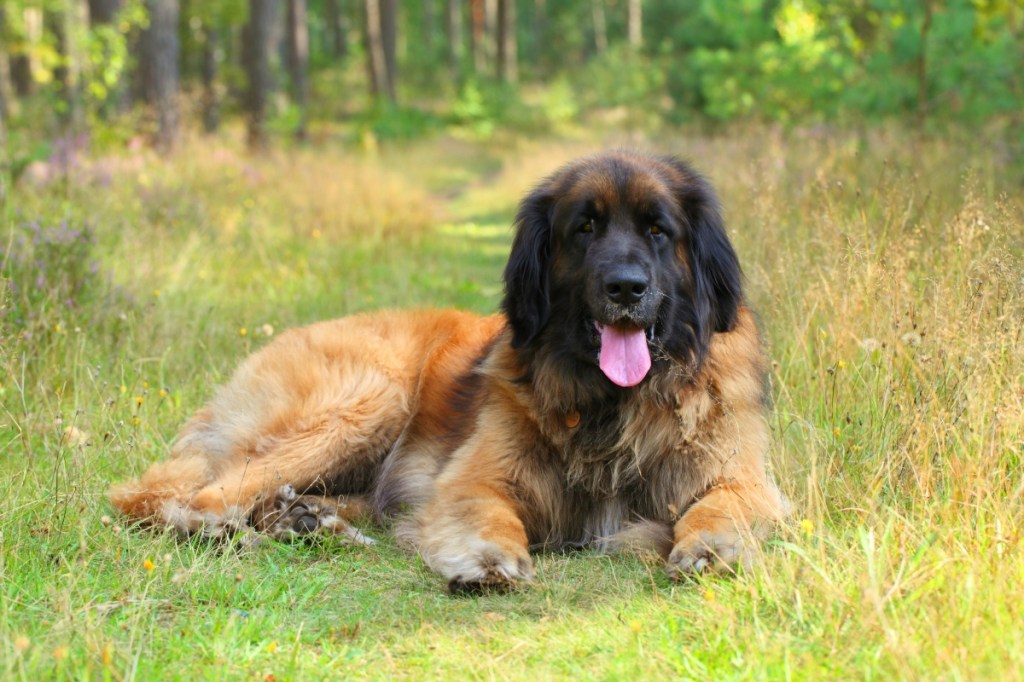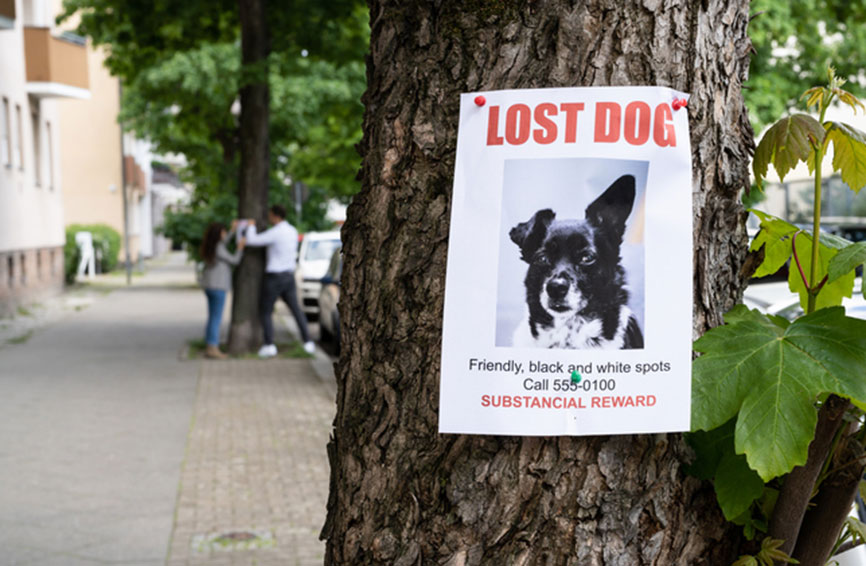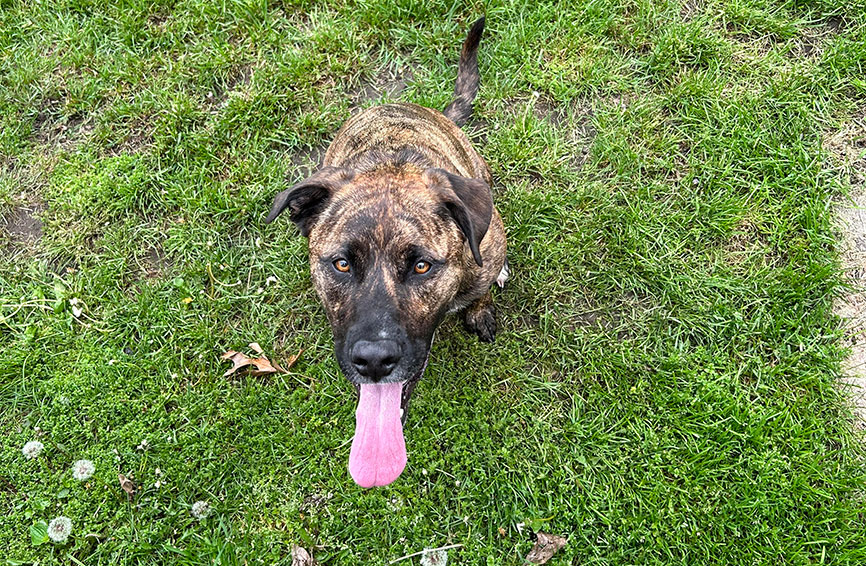Table of Contents
Neutering is a surgical procedure to sterilize male dogs and cats to prevent them from fathering puppies or kittens. The neutering procedure is more straightforward than a spay, which means recovery is typically quick and simple for male dogs and cats. In addition to helping control the pet population, neutering has other benefits, such as reducing unwanted behaviors and lowering the risks of certain diseases.
When to neuter your pet
A veterinarian can neuter male dogs any time after eight weeks of age. It is advisable to get your dog neutered while he is young and healthy. Adult-aged dogs can face higher risks for complications during surgery, especially those who are overweight or in poor health. Talk to your veterinarian about the ideal timing for neutering your pet.
What to expect after neutering
Plan to be home with your pet the night following surgery so you can monitor their recovery. Don’t be alarmed if you notice the following with your pet:
- Immediately after surgery, your dog or cat may be low-energy and not seem like his usual self as he recovers from the anesthesia.
- Your pet may not have an appetite for the first day or two. Don’t try to force him to eat; he’ll be okay if he misses a few meals. If you have concerns, call your veterinarian.
- The area will be swollen and may have some mild bruising.
- Your pet may try to lick at the incision. This can delay healing and even cause infection, so your puppy or kitten will most likely need an Elizabethan collar to prevent them from reaching the area.
Post-surgical care
Your veterinarian will provide instructions on how to care for your dog or cat after surgery, and most animals recover completely from neuter surgery within a few weeks. Usually, pets can go home the same day after the procedure. Here’s how to ensure a swift and smooth recovery.
- Have an Elizabethan collar or other cone alternative in case your pet licks at the incision. If your pet tends to lick at the area, keep the cone on 24 hours a day for a few days.
- Your pet may want to resume regular activity and play the next day; it’s crucial to restrict physical activity for a few days to prevent the incision from opening. A crate or pen may help keep your pet from any vigorous physical activity like running and jumping.
- Consider long-lasting chews and puzzle toys as low-impact activities to keep your pet occupied.
- If you are concerned about any unusual symptoms, such as excessive discharge, bleeding, or pain, call your veterinarian.
